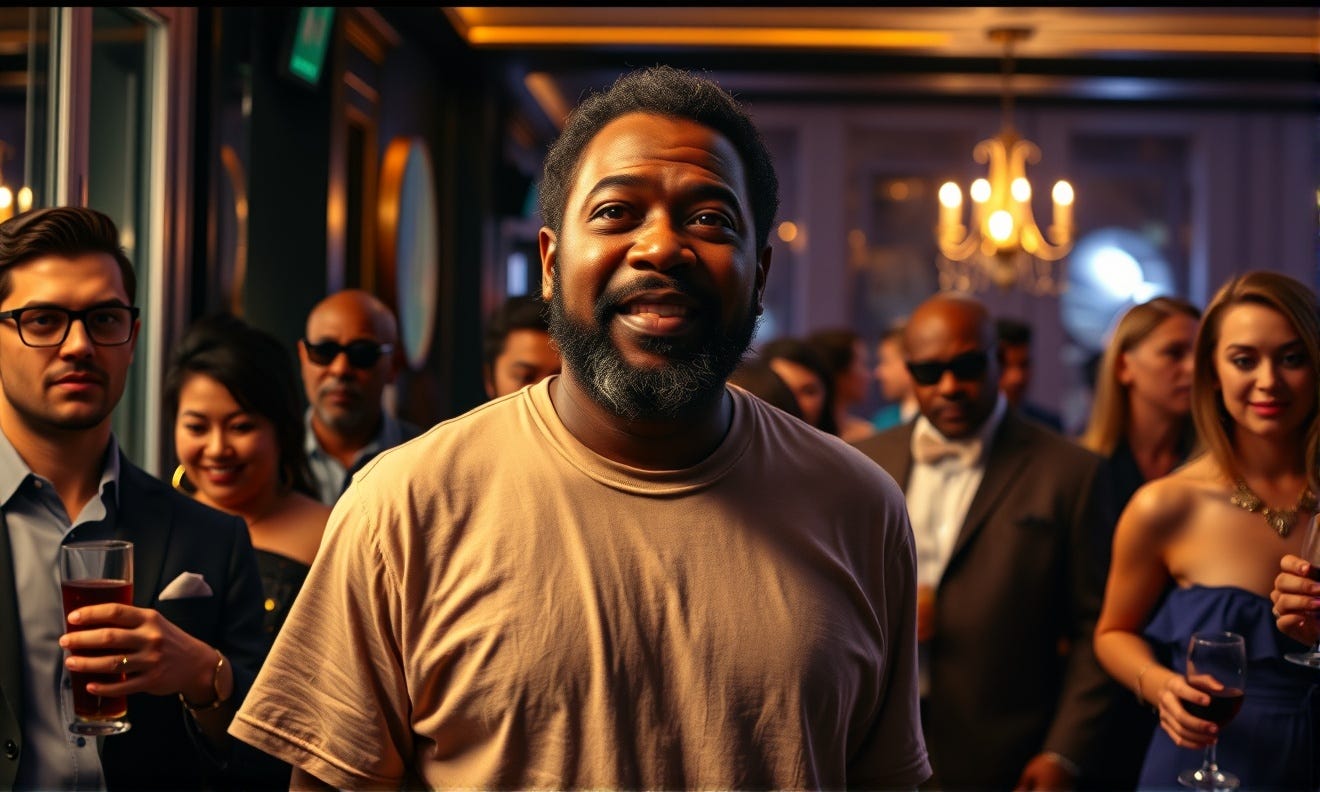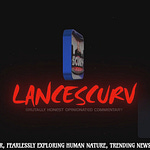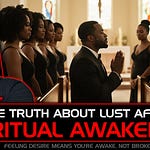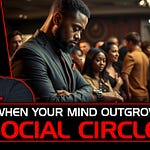Today image is everything. We live in a hyper-visual society where people are judged and measured not by their integrity, intelligence, or wisdom—but by how expensive their shoes are, what they drive, or what brand labels hang off their shoulders. It’s become normal to chase the illusion of wealth just to be taken seriously. But beneath that illusion is a deeper truth: the most powerful people often don’t look powerful at all.
There's a growing movement of wise individuals—entrepreneurs, freedom-seekers, spiritual warriors, and street-smart veterans—who have realized the benefits of staying low-key. They know that to survive and thrive in an unstable world, it's not about how much you show, but how well you move. They understand that being underestimated is a superpower, and invisibility can be the ultimate form of control.
This philosophy goes beyond avoiding attention—it's a lifestyle choice that taps into ancient wisdom. In almost every culture, the elders, sages, and true leaders often dressed simply, spoke humbly, and moved without fanfare. They understood that the more visible your wealth, the more vulnerable you become to the schemes of others. The power of looking poor is not new—but in our modern world, it’s never been more relevant.
To look poor when you are not poor is not deception—it's strategy. It’s the art of hiding in plain sight, protecting your energy, and building your empire brick by brick without having to prove a thing to anyone. It’s a declaration of independence from the need for validation, and a return to valuing substance over style.
In this monologue, we’ll break down why looking poor can be one of the smartest decisions you make, especially if you’re navigating a world filled with envy, opportunism, and hollow status games. Let’s dive into the seven major benefits of keeping it humble, staying low, and thriving in silence.
1. You Avoid Unnecessary Attention
When you look rich, people look for ways to get something from you—whether it's salesmen, scammers, beggars, or even relatives. In contrast, when you present yourself as modest or average:
You become less of a target for criminals or opportunists.
People tend to leave you alone, which creates more peace and safety.
You don’t have to prove or explain your lifestyle to anyone.
2. You Move in Silence
Looking poor helps you practice what many successful people know as the “gray man” technique—moving without making noise.
You’re able to make power moves without tipping off your rivals.
You avoid envy, sabotage, and spiritual attacks rooted in jealousy.
Your wins speak for themselves, without the need for validation.
3. You Attract Real People
When you don’t flash money, cars, clothes, or bling:
You attract people who are genuinely interested in who you are, not what you have.
This filters out gold diggers, social climbers, and energy leeches.
It allows relationships—both personal and professional—to be built on truth and loyalty, not image.
4. You Control the Narrative
Looking poor gives you an advantage in controlling how people perceive you. It’s like holding a wild card:
You can choose to reveal your power, or keep it hidden.
People underestimate you, which can be used strategically in negotiations or business.
It creates a psychological edge: when people expect little, anything you do impresses.
5. You Protect Your Energy and Assets
Flashing your wealth invites a spirit of competition and envy:
People compare themselves to you.
They begin to feel entitled to your success or try to undermine it.
In some cultures and communities (especially in areas with extreme wealth gaps), flaunting wealth can make you a target for crime or manipulation.
Looking poor, on the other hand, disarms potential threats and keeps your focus on what truly matters—freedom, peace, and longevity.
6. It Builds Mental Discipline
Choosing to appear modest even when you can afford extravagance is a form of self-control:
You begin to value function over form, substance over style.
You learn to detach your self-worth from material things.
It keeps you grounded, humble, and spiritually aligned.
7. It’s a Form of Psychological Warfare
Don’t underestimate how powerful underestimation is:
When people think you’re broke, they don’t block you, compete with you, or try to steal your ideas.
You can observe without being observed, plan without interruption, and execute without interference.
It’s chess, not checkers.
Looking poor in today’s world is not a weakness. It’s a shield, a sword, and a suit of armor. It’s the quiet confidence of a person who doesn’t need to perform for the crowd because they know their value without applause. In fact, there’s a deep kind of freedom that comes when you stop needing others to see you a certain way. You become untouchable—not because you’re hiding, but because you’re too deep for the shallow.
The man or woman who embraces simplicity in appearance is often the one who has built themselves the strongest. While others chase luxury to feel valuable, the one who looks poor has already become valuable from the inside out. This person cannot be manipulated by trends, broken by opinion, or distracted by the need to “keep up.”
Looking poor forces people to interact with your mind, your spirit, and your essence—not your possessions. It strips away the fake friends, the opportunists, and the pretenders. What’s left is something rare: relationships rooted in truth and energy, not economics. That’s a kind of wealth no one can steal.
This doesn’t mean you should live in fear or suppress your success. Rather, it means learning how to use discretion as a tool. Flash when it’s time to flash, but don’t waste energy performing for an audience that doesn’t care about your well-being. Own nice things if you want to—but never let those things own you.
In the end, the benefits of looking poor boil down to peace, power, and privacy. And in a world as noisy, envious, and distracted as ours, those three things are worth more than gold.













